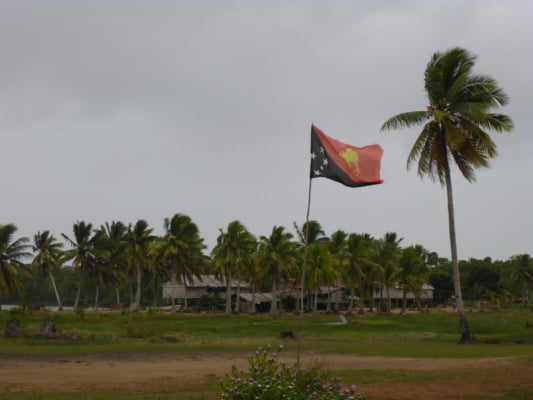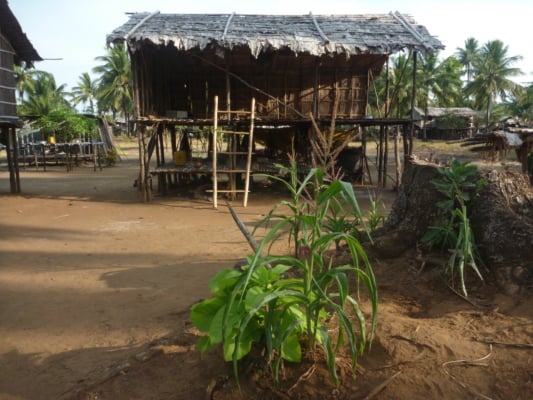Aid agencies often talk about local leadership of developmental change in the places they work. From DFAT, to the World Bank, to Oxfam, aid agency focus on leadership has mushroomed over the last 20 years. So, how are aid agencies supporting leadership? And what do we know about how effective this is? And what would it take to do it better?
In our recent DLP paper we draw four main conclusions:
a. there is a greater focus on individual leadership based on managerial and Western-centric notions of leadership, than collective leadership;
b. there is a tendency for agencies to support direct attempts to support individual leaders (i.e. through training or scholarships) than more indirect or oblique engagement in shaping the processes, policies or environments that facilitate the emergence of leadership;
c. there is an emerging agreement about the ways of working that a growing body of evidence suggests are important for improved, sustainable and locally-led development;
d. there are a number of systemic challenges that agencies and the sector face in working in these ways. Challenges relating to both organisational policies and practices (HR systems, contracting processes, reporting etc), as well as the broader political economy constraints articulated by authors such as Pablo Yanguas and Jack Corbett.
So what? Nothing really new here you may say!
This paper is part of a series of foundational papers in the next phase of DLP. We are trying to tease out what we know, to define specific research questions that will move us forward. Rather than just adding to the ‘dismal science of constraints’ which political economy analysis is well known for, we also suggest a number of research avenues we would like to explore in the next few years that get beyond a repetition of the banal.
One of these areas is the leadership of development agencies themselves, as well as of the development sector more broadly. To work in the ways that support developmental leadership, we need leadership in aid agencies, which creates the conditions within their organisations to make this happen. In particular, we cite the work of Dan Honig and Nilima Gulrajani, as well as Katsutoshi Fushimi as key examples of research which provide explanations of how there may be more scope to shift internal ways of working than is commonly acknowledged.
Fushimi provides an analysis of the puzzle ‘why international development agencies universally utilize the log-frame approach regardless of its known disadvantages’. He argues that a combination of ‘institutional myths’; decoupling (whilst a log-frame exists no-one actually has to really use it); and institutional mimicry (i.e. simply copying others) helps explain this puzzle. He also suggests that whilst there is a degree of external pressure which makes this happen, internal staff also play a key role in perpetuating the use of log-frames. This suggests that there is greater potential for distributed leadership across agencies for shaping and changing existing habits and practices.
Honig and Gulrajani point to the importance of the link between ‘micro-level organisational behaviours’ (i.e. how the organisation works on a day-to-day basis) and organisational transformation and change. In particular, they point to the link between the motivation, autonomy and trust of staff and how this might promote ways of working consistent with locally-led development. In exploring links between the macro-level outcomes that development organisations seek, and the connection to the bureaucratic day-to-day workings of organisations, they arguably provide us with some clues as to what organisational practise and associated leadership is required.
As such we believe that, if we are to understand how developmental leadership is to be best supported by development agencies then we can apply a similar set of questions about the practice of leadership in development agencies that we have asked of developmental leaders themselves, particularly:
- How might attempts to shift micro-level relationships and behaviour create new practices, habits and behaviours?
- What changes to policies and business practices might be required to support these shifts in relationships and behaviours?
- What kind of mix of individual and collective leadership is required to make these changes, and what are the different ways this might be supported?
This requires fundamentally recognising aid agencies as part of the political economy of the development field. They do not sit outside it as external entities that tinker in the political economy of the countries they work in. Rather, their own processes, bureaucratic ways of working and leadership impact on how leadership is thought about and supported. We are keen to examine how these issues of internal organisational leadership might relate to how leadership support is enacted.










